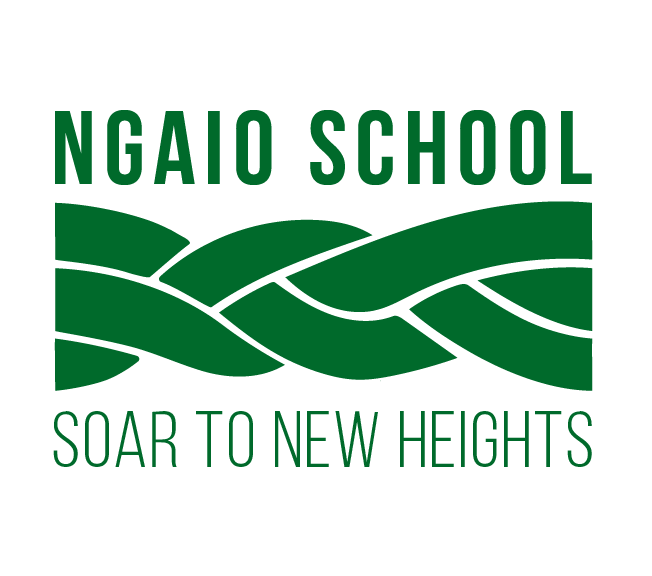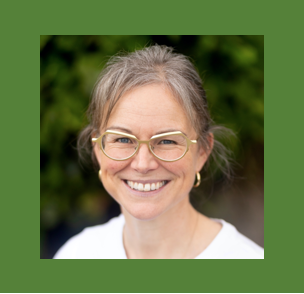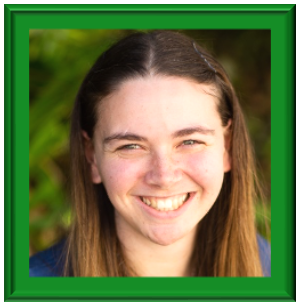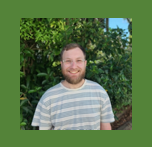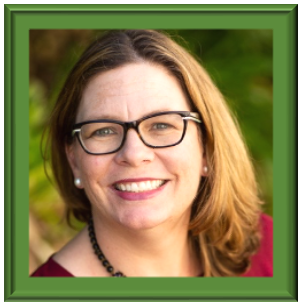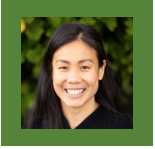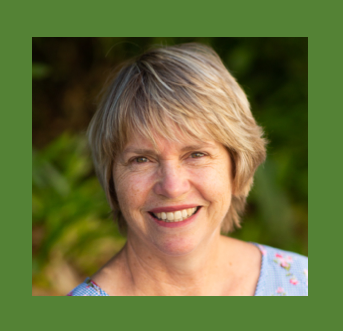Reading
At Ngaio School we use the Better Start Literacy Approach in our first two years of school. Your child will bring home a variety of language tasks to practise. These tasks can vary from guided books, independent books, word building games or phonics games to help your child practise their decoding skills.
Please click here for more information about how you can help support your child with their literacy at home.
Poetry Books : Each week your child will bring home a poem in their poetry book to share with you.
In years 2 and 3 students continue to be exposed to a broad range of texts and vocabulary and reading widely at home helps to reinforce the reading strategies introduced at school. Poems and reading books are sent home regularly and students are encouraged to select their own reading books for personal enjoyment.
Library Books: Each student will have the opportunity to select and share one or two books from our wonderful school library with their whānau.
Spelling
In the year 1 classes we work to develop the children’s spelling knowledge through both phonic knowledge, word building, rhyming words and securing the skills to spell new words.
Twice a year (Term 1 and Term 3) the children will be tested formally on their spelling vocabulary and the data will be sent home so you are able to support your child with words they have not yet secured.
This continues in year 2 and by year 3 akōnga have their own individual spelling programme based on results from Essential Word testing. Akōnga have five words to learn each week, are tested by a buddy on Fridays, then new words selected.
Basic Facts
Each child in Kakapo has their own individual basic facts programme based on testing of the Basic Facts. Children have five facts to learn each week and are tested by a buddy on Fridays, then new facts are selected.
The ROCKET Challenge is an optional home learning programme.
These are presented in our classes as they are completed. Children are able to demonstrate their organisation skills and enjoy sharing their experiences and challenges with their peers.
Find out more about the ROCKET Challenges here.
